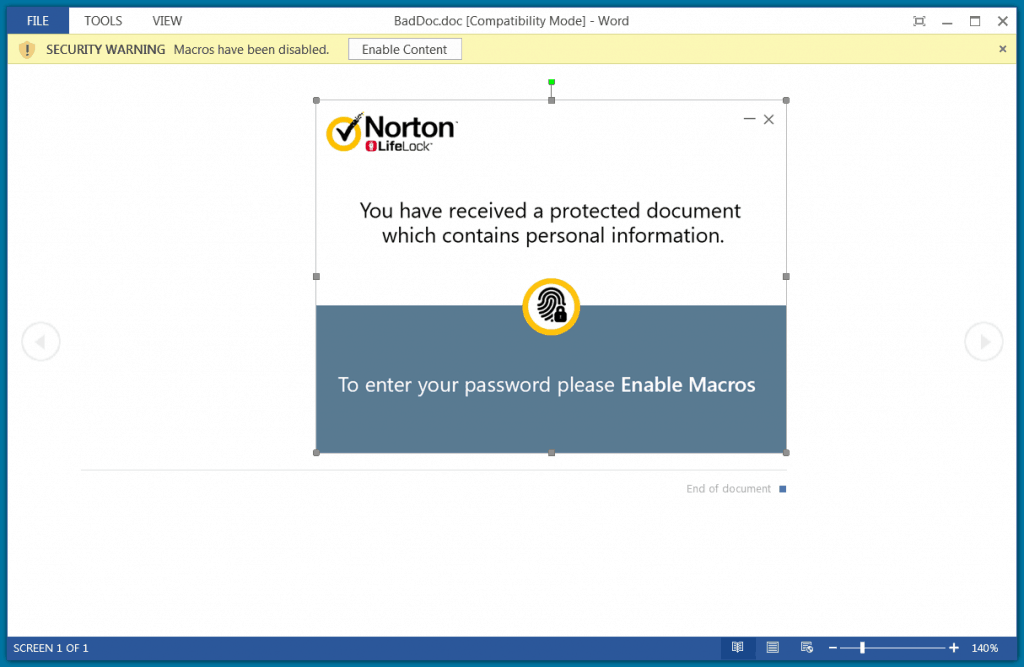
Hence, higher the number of clicks means higher the revenue for the scammers. Symantec also found a dashboard in its telemetry search that showed a revenue model for this scam. It seems that the scammers mainly relied on the number of PUA installations rather than the usual support helpline method, to generate revenue. Once done, click Report a suspicious email to file a report. You may go to Intuit Online Security Center and then select the Go to security notices section. “The scammer cleverly makes use of the setTimeout() function to change values over a period of time, giving the victim the illusion that an actual scan is in progress and that their files are being scanned,” indicates the blog. After removing Norton from your computer, you'll want to report the email you've received to our security team so they can review it. Once you do, they will tell you a story about how it was a mistake, and that they can refund it. It appears that scammers used HTML and JavaScript code for the purpose of creating the fake Norton scan. Here is what David shared with me: The email is designed to have you call them. Symantec highlighted the source code in its blog on the scam campaign. PUAs would then perform malicious actions such as stealing information, mining cryptocurrency, changing browser settings, and more.
#NORTON ANTIVIRUS SCAMS UPDATE#
This update downloads PUAs into the user’s computer.
#NORTON ANTIVIRUS SCAMS INSTALL#
Once the scan is completed, users are notified of an apparent ‘PC infection’ and are asked to install an update.

Norton renewal center scam is a fake notification that seeks to benefit from users who fall for believing in the message. Norton renewal center is a scam that can redirect the user to misleading websites. After users click on OK, scammers diligently display an antivirus scan that closely resembles Norton Security’s antivirus scan. Norton renewal center scam is a misleading message falsely claiming that the user's Norton subscription has expired today. Other features included in it are e-mail spam filtering and phishing protection.

It uses signatures and heuristics to identify viruses. This time, they have relied on bogus antivirus scans to trick users into installing potentially unwanted applications (PUAs) on their systems.Īccording to security firm Symantec Corporation, a fake Windows alert is first displayed on targeted systems, which urges users to perform a ‘quick scan’. Norton AntiVirus is an anti- virus or anti- malware software product, developed and distributed by NortonLifeLock since 1991 as part of its Norton family of computer security products.

Scammers are increasingly becoming creative with their methods.


 0 kommentar(er)
0 kommentar(er)
